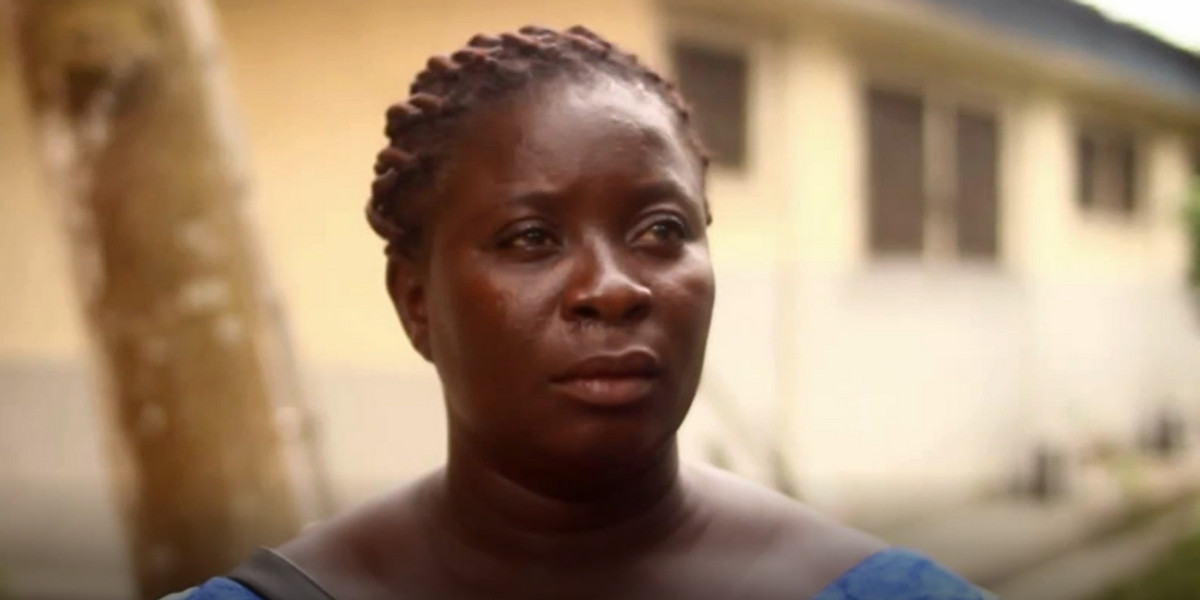CIDSE releases a video containing testimonies from communities affected by the activities of SIAT, a Belgian company active in palm oil plantations in Ghana.
Grassroots movements in Africa are raising their voice against land grabbing by foreign companies, which they often view as a new wave of colonial occupation. Communities argue their land is a prized commodity for agribusiness corporations that are acquiring it without prior consultation or through false promises of development. Such is the case of SIAT, a Belgian company.
SIAT specializes in the production of rubber and palm oil. Communities have accused it of land-grabbing. Through its subsidiaries in Nigeria, Ghana and Ivory Coast, SIAT has acquired thousands of hectares of land without the consent of local communities. Communities accuse SIAT of violations of workers’ rights, environmental damage and biodiversity loss – as a result of monoculture practices and pesticide use (more information on its impact in the Ivory Coast – here).
LSLAs are not a new phenomenon. In the 1970s and 1980s, World Bank programmes allowed old colonial companies to reassert their presence in Africa by hiring them to manage agricultural development projects. In the 1990s and 2000s, the privatizations pushed for by the World Bank’s structural adjustment programmes paved the way for LSLAs by foreign companies.
Large-scale land acquisitions by agribusiness corporations often have a dire impact on rural communities in Africa, such as the loss of access to land and a significant discharge of labour. Adverse effects disproportionately affect groups that are already marginalized, often resulting in wider social differentiation than before.
In a short film produced by Mho Diaby, just released by CIDSE, community leaders from Ghana speak out about the loss of land, food sovereignty and violence they have been subjected to due to SIAT’s presence. The video documents the struggle for justice in communities affected by SIAT’s operations and the need for regional and international solidarity. In Ghana alone, impacted communities claim that SIAT’s subsidiary GOPDC controls over 18,000 hectares of land.

